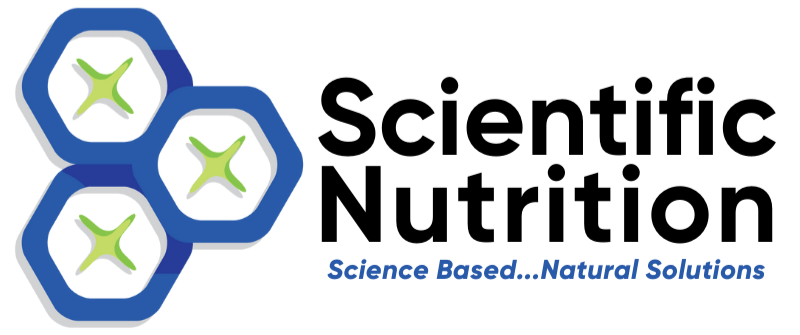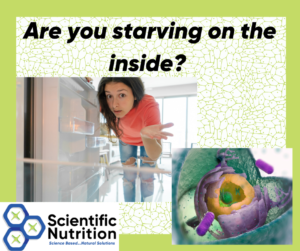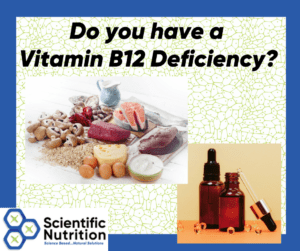Exploration of Vitamin D, Sunlight, and Your Health
Sunlight and its warmth on your face. The radiant glow of the morning sun isn’t just a picturesque backdrop; it’s the source of a vital nutrient you need to be healthy – Vitamin D.
Sunlight is as important for your body as any other healthy diet. Getting balanced sunlight helps you get balanced health. It heals your body just like meditation and yoga. But what if someone intentionally blocks your magical natural healer?
Research shows that some snobby elites want to reduce the earth’s temperature by reducing sunlight. How?
They inject some sun-blocking particles into the atmosphere. This process is called ‘stratospheric aerosol injection.’ They are widely known as chemtrails made up of heavy metals and unknown substances.
Sun-blocking technologies or ‘solar radiation modification’ have recently increased in the USA. The reality is we all are getting less sun than necessary, and there might be many factors to consider.
Some are forced, alleged, and imposed by authorities. Some are personal, like sitting all day in a room, covering your face with a mask, or wearing sunglasses. This blog is a deep dive into the benefits of sunlight and what happens when you don’t get enough Vitamin D.
Vitamin D is also known as the ‘sunshine element. Let’s dive in.
Connections between Sunshine and Vitamin D
Vitamin D is more than just a nutrient. You cannot compromise your Vitamin D intake if you want optimal health. It’s a maestro that orchestrates many biological processes. It strengthens your immune system, protects against infections, and helps absorb calcium, keeping your bones robust.
Although you can get Vitamin D externally, through foods or beverages. Your body produces it endogenously when your skin gets ultraviolet rays exposure. These B-type ultraviolet rays (UVB) produce Vitamin D3 in your body. After this, your kidney and liver convert D3 into an active form of D.
In simple words, sunlight is the main source of vitamin D and this one is your health’s best friend.
Low Vitamin D Impacts on Your Health
As I said, many factors are involved in getting low D. Seasons like winter and summer, your age, your skin color, and the region you live in are all responsible for the production of D3. But you know what? You can always diagnose these factors and control them.
I am more concerned about the factors we can’t control—for instance, the Chemtrails full of toxins and sun-blocking technologies. Authorities use them for ambiguous purposes.
In the USA, insurance carriers have stopped testing for Vitamin D deficiency. These medical providers claim there is no longer evidence that it is beneficial. No one is 100% sure about why they are doing so. It doesn’t make common sense as this simple supplement or sunshine can ward off illness.
It is an essential vitamin to fight depression, cancer, and viruses. Is it possible the medical community want us ill for financial gain?
But here is the thing: you don’t need any testing to measure how much sunshine you get. You will face vitamin D deficiency if you are not getting what your body needs. It will inevitably have some adverse effects on your health.
What are a few health issues are linked to Vitamin D deficiency?
- If Infants (between ages 6 to 24 months) have Vitamin D deficiency, they will face rickets. Their bones will be weak, and their growth will be slow.
- In adults, D deficiency leads to a disease known as Osteomalacia. They will feel muscle/bone pain and weakness.
Below, I will show you how much sunlight is vital for your health.
Sunlight and Mental Health
When you feel anxious and depressed, many health expert advises you to get some sunshine, visit a beach, or go outside. There is a solid connection between sunlight and your mental health. I can safely say that the sun is your mood-boosting and stress-busting asset.
Studies show that Vitamin D is vital in regulating melatonin and serotonin. These chemical secretions in your body are responsible for your sleep and mood. It means that when you get sunbeams, you are actually getting happy hormones.
You feel warm and fuzzy inside.
Now, on the flip side, less sun exposure leads to mental brain fog, fatigue, and more. Your body’s circadian rhythm is also affected. You can’t sleep better. You can’t wake up refreshed.
Sunlight and Skin Conditions
Your skin directly gets sunbeams. Usually, 25% of your skin (Hands, face, arms, feet) is exposed to the sun. Since your skin is the largest organ of the human body, it is your best tool in absorbing it. Going out without sunglasses is essential to absorb some rays into your eyes.
Sunlight affects your skin in many ways;
Psoriasis and Eczema Relief
UVB rays can slow down the excessive growth of skin cells, a characteristic of psoriasis. Exposure to UVB light is often prescribed as a treatment method, either through natural sunlight or controlled phototherapy sessions. Sessions can cost $50 but the sun is free.
It can reduce inflammation, itchiness, and scaling in Psoriatic skin. Similarly, eczema sufferers can find relief from the anti-inflammatory effects of these UV rays.
Jaundice Management
For newborns with jaundice, a bit of sunshine can work wonders. Phototherapy using natural or artificial light helps break down excess bilirubin, a substance responsible for jaundice. It’s a simple yet highly effective solution that has been used for decades.
Acne Improvement
Sunlight has mild antibacterial properties and can help reduce the proliferation of acne-causing bacteria. It also removes excess oil on the skin’s surface, potentially aiding acne management. The appearance of redness will be less with some natural color as well.
Sunlight and Eye Health
Ever heard the saying “eyes speak more than words”?
The colored part of your eye, the iris, can reveal much about your overall health. Iridologists can see that patterns, colors, and markings in your iris can indicate potential health issues. The black almond shaped gaps line up with a “map” to show which part of the body is having the problem.
Now, here’s where sunlight comes into play. Getting sunlight into your iris is crucial for your eyes’ well-being. When your eyes soak up the sun’s rays, they send signals to your brain to adjust your body’s internal clock. This helps regulate your sleep-wake cycle and keeps your eyes in sync with the natural rhythms of the day.
But what about sunglasses? We are told they protect your eyes from harmful UV rays, but wearing them always might not be ideal. Your eyes need some exposure to natural light for them to function optimally. Constantly shielding your eyes can disrupt this balance and potentially lead to issues like light sensitivity.
How much sunlight should I get?
There is no second guessing if sunlight is essential for your health. You are obliged by nature to get enough sunlight to produce D3 in your body. As they say, ‘excess of anything is bad’…if you get excessive sunlight, it may burn your skin repeatedly leading to skin cancer.
If it’s sunny and you are out to get some sunshine. Your skin will signal you when it will absorb enough sunlight by feeling warm or sensitive and possibly redness. In summer, 5-8 minutes are typically enough; in winter, you can spend 15-30 minutes under the sun if possible. Exposing as much skin as decently possible is of most benefit.
Be conscious and analyze how much sunlight your body can easily absorb so you can enjoy it daily.
How much Vitamin D should I take in a supplement?
As a general rule I recommend 5,000 IU daily for adults unless you are living in an area that is sunny year round such as Florida, California, etc. Sunshine is our best form but we do need assistance when living in a cold weather area.
The Bottom Line
Sometimes it feels like the world is a mysterious place to live. Authorities are imposing harmful regulations on us. We are getting trapped in a busy life cycle. We feel we may not have enough time to reflect on our actions and take care of our health.
Since our natural resources are getting diminished every single day, we need to be proactive. In such times, you can do only one thing: spare some minutes for yourself. Prioritize your health over everything else. Speak up for your rights to natural sunshine, fresh air, and clean water.
LET’S CHAT about your health concerns and how to regain your health.
For further research and study
(The following studies back claims made in this article.)
- https://www.ncbi.nlm.nih.gov/pmc/articles/PMC9537583/
- https://doi.org/10.1016/j.ctarc.2022.100616
- https://www.euronews.com/green/2023/07/05/sun-blockers-us-scientists-aim-to-cool-the-earth-by-reflecting-sunlight-into-space
- https://ods.od.nih.gov/factsheets/VitaminD-HealthProfessional/
- https://www.youtube.com/watch?app=desktop&feature=share&v=zpqag9YvvXw
- https://doi.org/10.1016/j.smrv.2020.101379
Copyright Scientific Nutrition, LLC 2023




